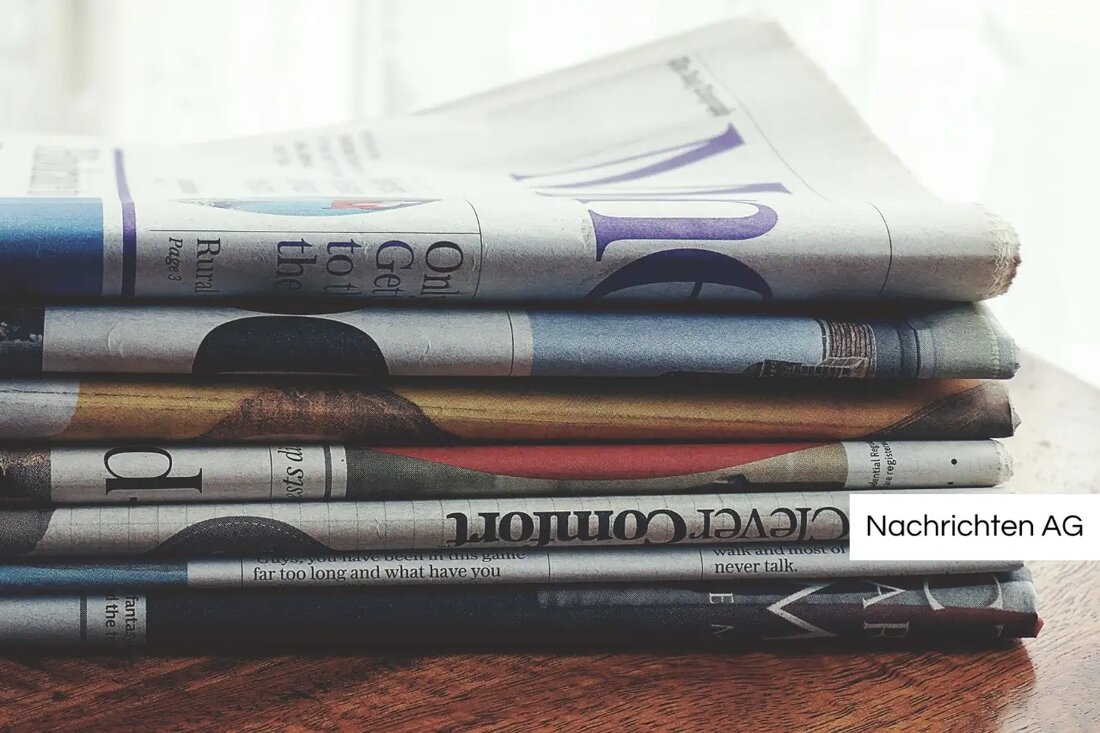Tübingen shows the way: packaging tax against disposable waste in cities!
Tübingen shows the way: packaging tax against disposable waste in cities!
The city of Paderborn is currently examining the introduction of a packaging tax to reduce the amount of disposable packaging, such as coffee mugs, in the garbage. These considerations are in the context of a growing discussion about waste prevention and resource protection in German cities.
like lz.de , the advantages and disadvantages of such a tax are currently in the weighing up. In Tübingen and Constance, packaging taxes have already been successfully implemented, which are intended to reinforce the influence on consumption behavior.
comparison with existing regulations
in Tübingen has been in the case of a packaging tax since January 1, 2022, which affects, among other things, sales outlets of disposable packaging, tableware and cutlery for food and drinks, which are offered either for immediate consumption or to take away. The regulation was confirmed by the Federal Constitutional Court on January 22, 2025 as lawful, which is an important basis for other cities that are considering similar measures.
The tax amounts in Tübingen are determined as follows:
| type of packaging
| |
|---|---|
| disposable packaging (e.g. coffee mug) | 0.50 euros |
| disposable dishes (e.g. fries shells) | 0.50 euros |
| disposable cutlery and other aids (e.g. drinking straw, ice spoon) | 0.20 euros |
Information on the packaging tax and the associated funding opportunities are available on the website of the city of Tübingen at www.tuebingen.de/verpackungssteuer
interest in similar measures
According to the German Environmental Aid (DUH), around 120 cities show interest in the introduction of packaging taxes. A participation in DUH enables citizens to submit applications to the introduction of a disposable tax. The DUH has been calling for consumption taxes for one-way-to-go packaging since 2014 to reduce waste and promote reusable alternatives. Barbara Metz, DUH federal manager, emphasizes the urgency, in particular the littering through disposable packaging of fast food chains.
A low reusable share in Takaway packaging increases the pressure on cities to issue similar regulations as in Tübingen and consistency. Tübingen has already introduced disposable tax, while Konstanz has also levied a tax since 2025. Cities like Heidelberg and Freiburg are currently preparing to implement similar measures.
The discussion about packaging taxes is also accompanied by a broader social and political discourse. Every municipal disposable packaging tax can increase the pressure on the federal government to consider a nationwide disposable tax. The “Plastic-Free Cities” initiative also calls for local consumption taxes on one-way truckaway packaging.
The topic of packaging tax remains highly up and shows that municipal efforts to avoid waste is a growing interest in the population and politics.
| Details | |
|---|---|
| Quellen | |


Kommentare (0)